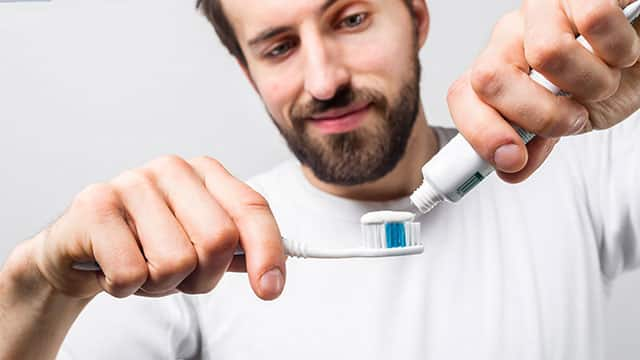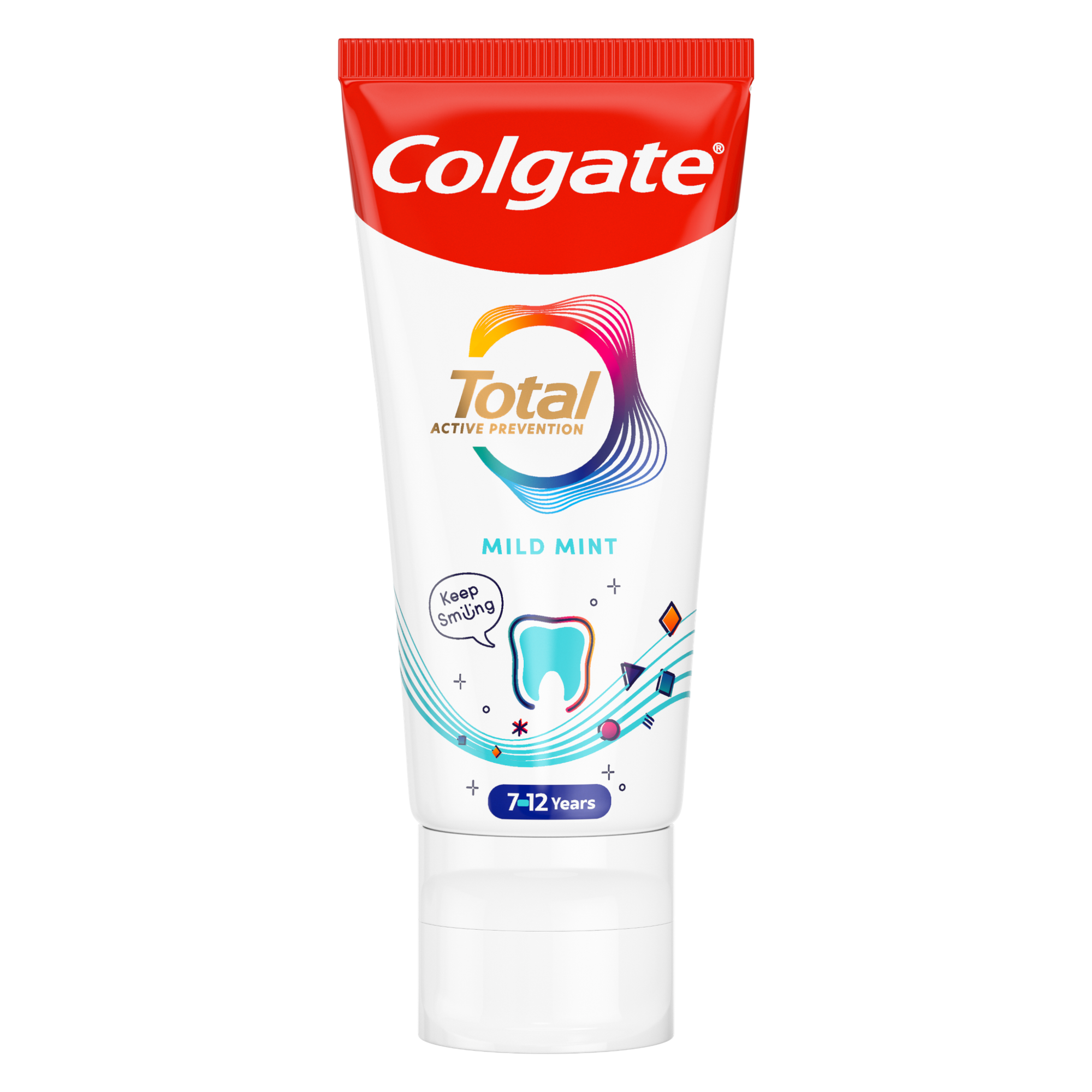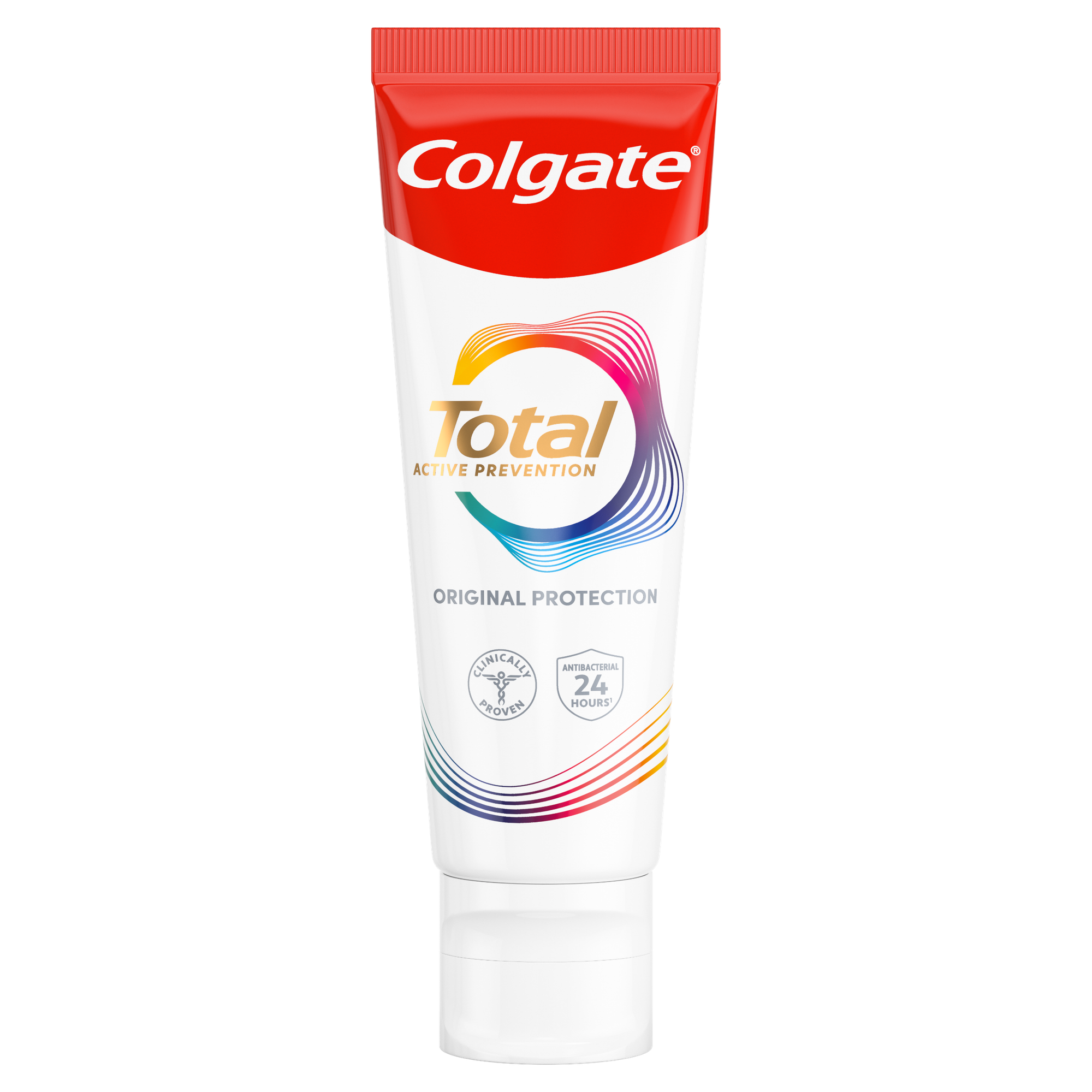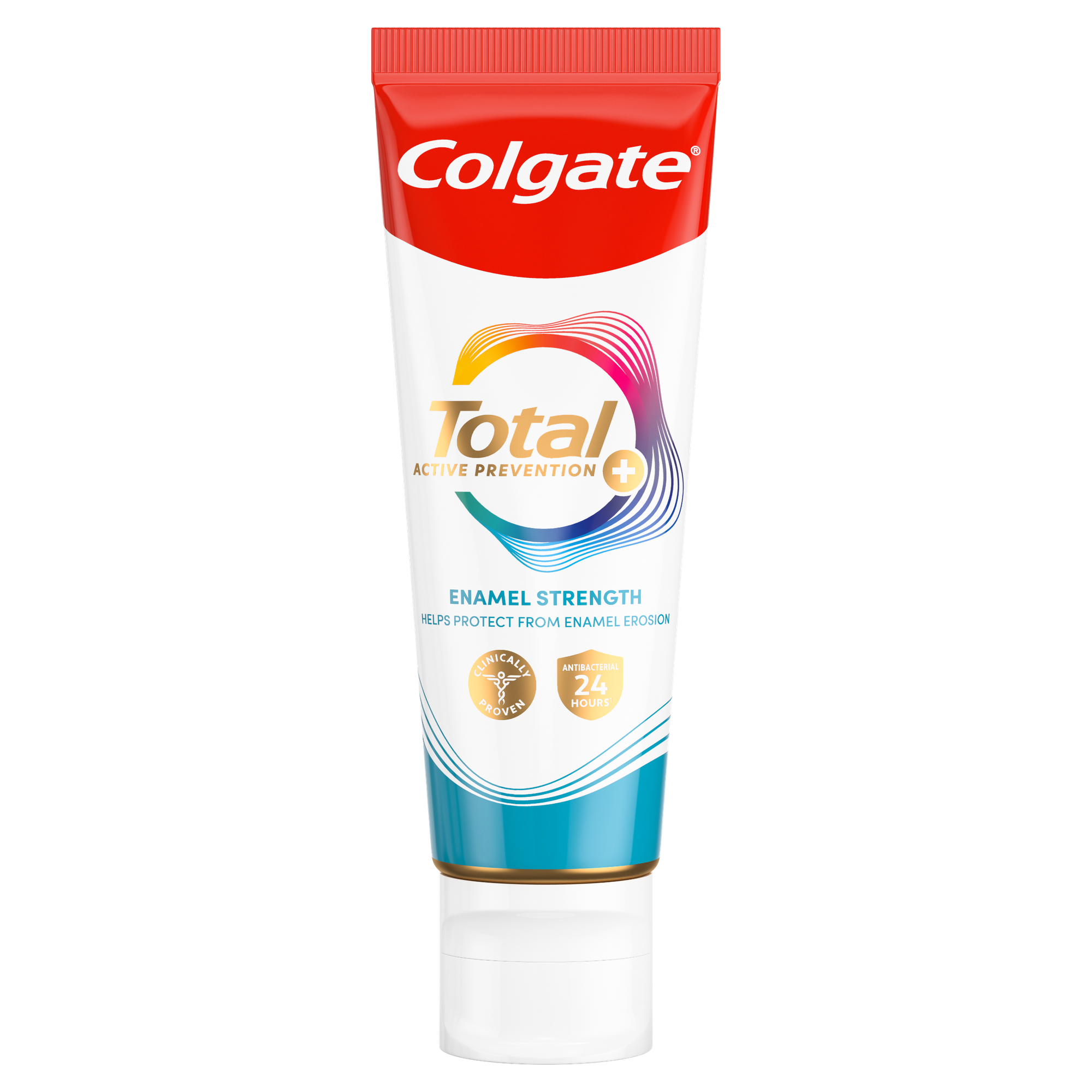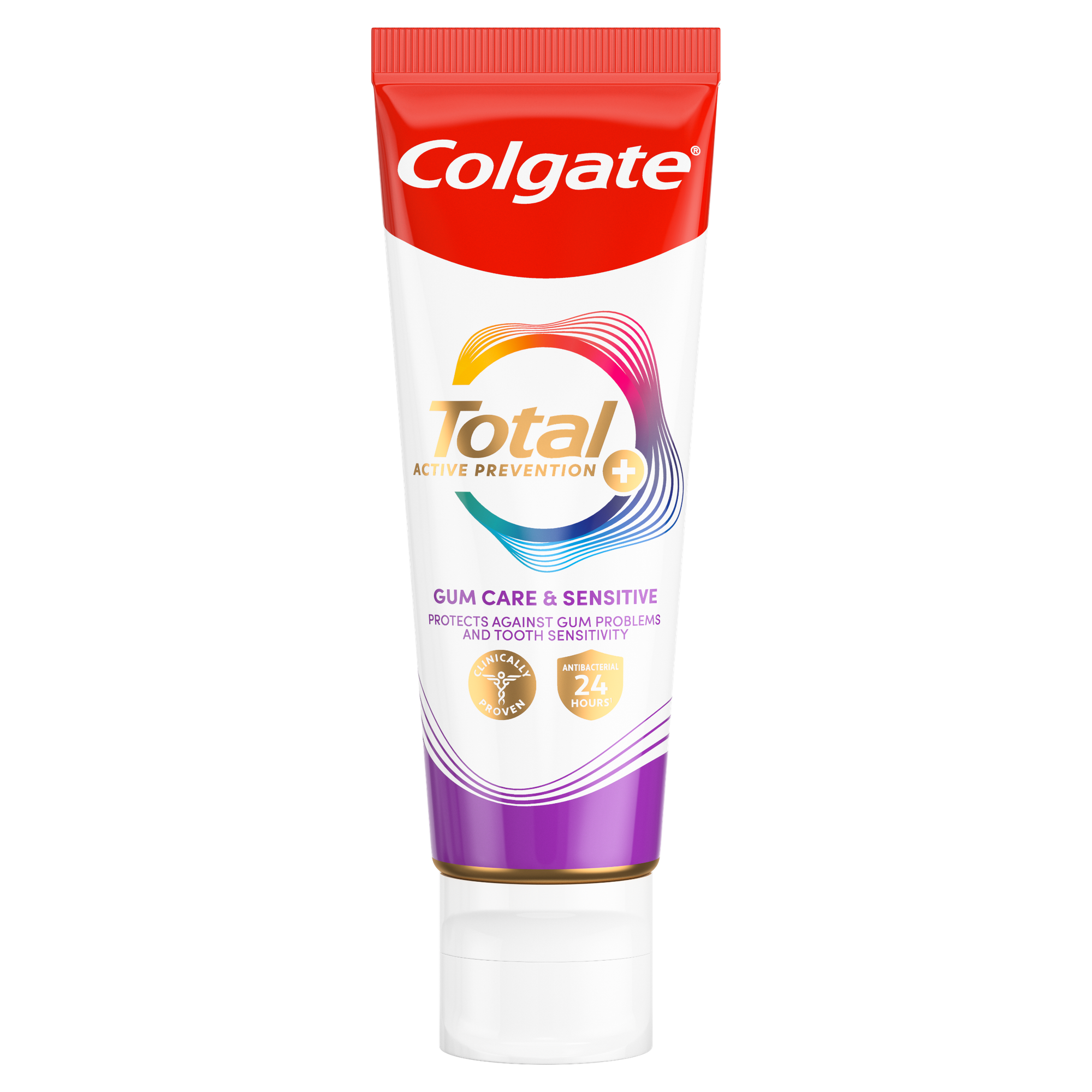The Role of Saliva
The University of Liverpool outlines the important roles that saliva plays in oral health, including washing food particles from the teeth, breaking down food in preparation for digestion, and even contributing high levels of calcium to keep teeth strong. In fact, a chronically dry mouth is often a precursor to tooth decay and cavities. Still, your body should be producing just enough saliva to perform essential processes and nothing more. Drooling or constantly having to swallow might be a sign that your body is generating too much saliva, making for an embarrassing issue.
Causes of Excess Saliva
More often than not, excessive saliva is a side effect of another issue. The British Journal of Medical Practitioners (BJMP) lists some of the following reasons for hypersalivation:
- Pregnancy
- Oral inflammation due to teething in babies
- Oral infections such as tonsillitis
- Certain medications, including tranquilisers and anticonvulsants
- Acid reflux
- Neuromuscular diseases, such as Parkinson's, stroke and paralysis
Because excess saliva is typically the side effect of a more serious issue, it's important to seek medical attention if your saliva output is such that it's affecting your daily life or causing other issues, such as chapped lips, bad breath, dehydration or speech difficulties.
Dealing with Hypersalivation
The best way to stop your body from producing too much saliva is to address the underlying issue. In many cases, changing medications or getting treatment for medical issues can help resolve excess saliva. But there are other things that you can do to reduce how much saliva your body produces.
Avoiding foods and drinks that can cause saliva production, for example, can help. Triggers may vary person to person, citrus fruits and alcohol in general can decrease saliva production. Swap your usual mouthwash for a formula that has no burn of alcohol. Alcohol is a natural drying agent and can signal to your mouth to produce even more saliva. You can also find relief by staying hydrated to help thin out excess saliva so it's swallowed more easily.
Dealing with excessive saliva can definitely put a damper on the way that you talk, eat and socialise. By addressing the issues causing your body to overproduce saliva, you'll be able to enjoy a mouth-watering treat without feeling self-conscious.
This article is intended to promote understanding of and knowledge about general oral health topics. It is not intended to be a substitute for professional advice, diagnosis or treatment. Always seek the advice of your dentist or other qualified healthcare provider with any questions you may have regarding a medical condition or treatment.
ORAL HEALTH QUIZ
What's behind your smile?
Take our Oral Health assessment to get the most from your oral care routine
ORAL HEALTH QUIZ
What's behind your smile?
Take our Oral Health assessment to get the most from your oral care routine








